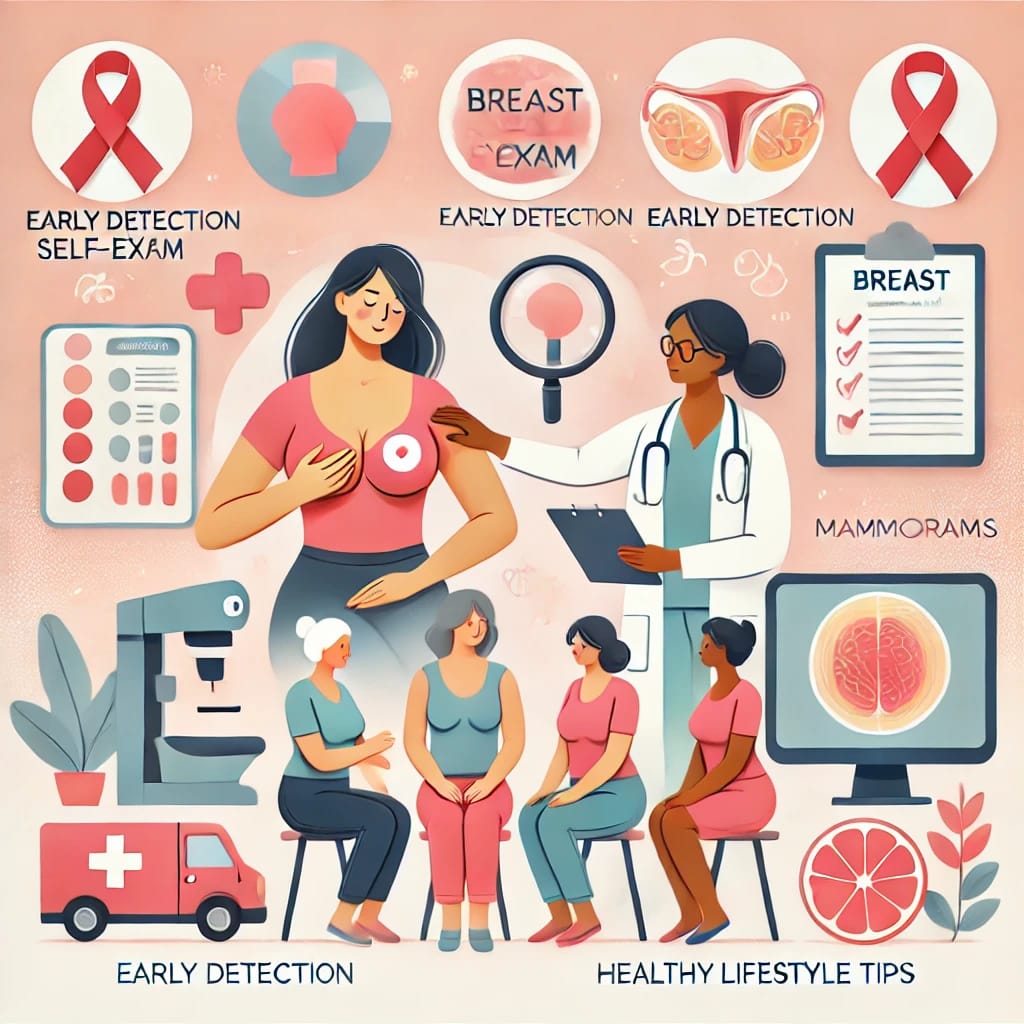
Breast Cancer Awareness and Self-Exams

Introduction
Breast cancer is one of the most common cancers among women worldwide. Early detection is crucial, as it significantly improves the chances of successful treatment. Creating awareness about breast cancer, performing regular self-exams, and adopting a healthy lifestyle can help reduce the risks.
What is Breast Cancer?
Breast cancer occurs when cells in the breast begin to grow uncontrollably, forming a lump or mass of tissue. It can spread to other parts of the body if left untreated. Age, family history, and lifestyle choices are some factors that may increase the risk of breast cancer.
Importance of Early Detection
Detecting breast cancer early is vital for effective treatment. Regular self-exams and mammograms help in identifying any unusual changes at an early stage, providing a better chance for successful treatment.
How to Do a Self-Exam
- Look for Visible Changes: Stand in front of a mirror and look for any changes in breast shape, size, or skin color.
- Feel for Lumps: Lie down and gently press on each part of the breast with your fingertips in a circular motion.
- Cover All Areas: Make sure to examine the areas around the breast, collarbone, and underarm.
- Report Any Changes: If you notice any lumps, pain, or other unusual changes, consult a healthcare professional.
Why Mammograms are Important
A mammogram is a low-dose X-ray that helps in detecting breast cancer before symptoms develop. Regular mammograms can detect tumors that are too small to be felt, allowing for early diagnosis and treatment. It’s recommended that women over 40 have annual mammograms, or earlier if there’s a family history of breast cancer. Mammograms are essential for early detection and improving survival rates.
Lifestyle Changes to Reduce the Risk of Breast Cancer
- Eat a Healthy Diet: Include fruits, vegetables, and whole foods in your diet.
- Exercise Regularly: Aim for at least 30 minutes of exercise daily.
- Limit Alcohol Intake: Reducing alcohol consumption can help lower the risk.
- Avoid Smoking: Smoking increases cancer risk, including breast cancer.
- Maintain a Healthy Weight: Being overweight, especially after menopause, can increase breast cancer risk.
When to See a Doctor
If you notice anything unusual during your self-exam, schedule an appointment with a healthcare provider. Women over 40 should have regular mammogram screenings as part of their routine health check-up.
Conclusion
Raising awareness, performing regular self-exams, and getting mammograms as recommended can play a vital role in reducing the risk of breast cancer. Early detection is essential for better health outcomes.

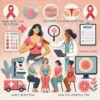
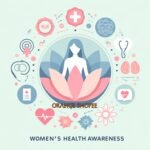

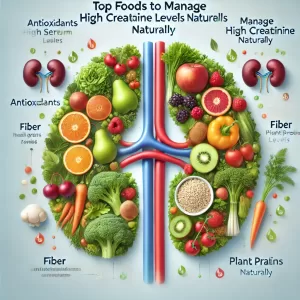
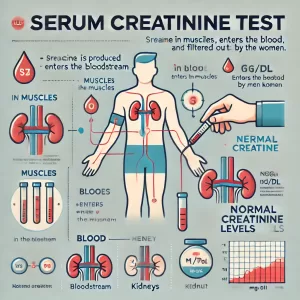

Add comment